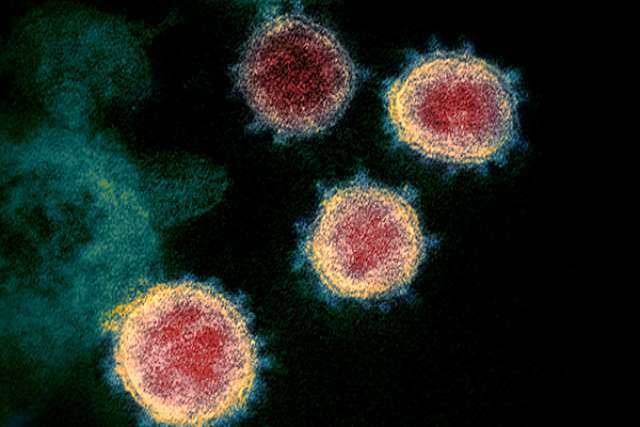A coalition of 11 academic institutions and their community partners across California has received a $4.1 million grant from the National Institutes of Health for a statewide community-engaged approach to addressing COVID-19 among populations that have been disproportionately affected by the pandemic.
Investigators at UCLA will lead the coalition — called the COVID-19 California Alliance, or STOP COVID-19 CA — which is part of the NIH's broader Community Engagement Alliance Against COVID-19 Disparities. The partnership is a joint effort among five University of California medical campuses, two additional UC campuses and four other leading academic institutions in California.
"This important collaboration will include 11 major institutions with highly innovative community-partnered research projects," said co-lead investigator Dr. Arleen Brown, a professor of medicine at the David Geffen School of Medicine at UCLA and co-leader of the Community Engagement and Research Program at the UCLA Clinical and Translational Science Institute. "These institutions reside and work in diverse communities with high rates of COVID-19 infections and complications across the state. The community input makes all the difference in these projects."
Each site within STOP COVID-19 CA will rely on locally informed approaches, leveraging the unique partnership networks and insights within each community to address local problems. In Los Angeles, for instance, investigators plan to run in-depth virtual focus groups with multiethnic communities to identify barriers and challenges to inclusive vaccine development and vaccination. Another project would assess racial and ethnic attitudes among high-risk veterans that might prevent them from accepting a potential vaccine and would subsequently develop messaging to encourage vaccination among this group. The lessons learned from these efforts will help identify opportunities for application statewide and nationally.
"In the early stages of the pandemic, we saw the disproportionate impact that COVID-19 was having on Black, Latinx and Indigenous communities and other minority groups," said Dr. Carrie L. Byington, executive vice president of University of California Health and an infectious disease expert. "We expanded outreach, testing and care to support these communities quickly."
The next phase of this fight is even more crucial, she added.
"We must earn the trust of communities whose lived experiences may predispose them to skepticism," Byington said. "We must listen actively and address concerns respectfully through understanding, transparency and sustained action. The STOP COVID-19 initiative combines interdisciplinary collaboration with community engagement to build the connections that will be vital to ending the pandemic for everyone."
NIH Community Engagement Alliance research teams in 11 states will focus on COVID-19 awareness and education research, especially among Black, Latino and Indigenous populations, which account for over half of all reported cases in the United States, said Dr. Keith Norris, a professor of medicine and vice chair of the department of medicine’s Office of Equity, Diversity and Inclusion at the Geffen School of Medicine.
"The goals of STOP COVID-19 CA are to work with this network of partnerships across the state to reduce disparities in knowledge of COVID-19; increase participation of all Californians, including underrepresented populations, in prevention, vaccine and therapeutic trials; and improve uptake of approved vaccines," said Norris, who is also a co-leader of the project.
STOP COVID-19 CA is closely aligned with translational science centers on eight of the coalition's campuses that are funded by NIH Clinical and Translational Science Awards, or CTSAs. The CTSAs will provide access to research resources, including biostatistical support and expertise in conducting studies of health disparities and community-partnered research. In addition, three campuses are funded through the NIH Resource Centers in Minority Institutions, or RCMI, program.
"This is an outstanding example of what we can accomplish through our CTSAs and RCMIs," said Dr. Steven Dubinett, project co-lead and director of the UCLA Clinical and Translational Science Institute, one of the CTSA sites. "It is critical that we establish effective, community-engaged strategies to enhance education, awareness, access and inclusion of underserved communities in research which is designed to advance the prevention and treatment of COVID-19 and to reduce disparities."
The NIH grant is for one year and began on Sept. 9, 2020.
In addition to UCLA (coordinating site), its Clinical and Translational Science Institute partner Charles R. Drew University, and community partners throughout the state, STOP COVID-19 CA collaborative sites include UC Davis, UC Irvine, UC Merced, UC Riverside, UC San Diego, UC San Francisco, the University of Southern California, Stanford University, Scripps Research and San Diego State University.



